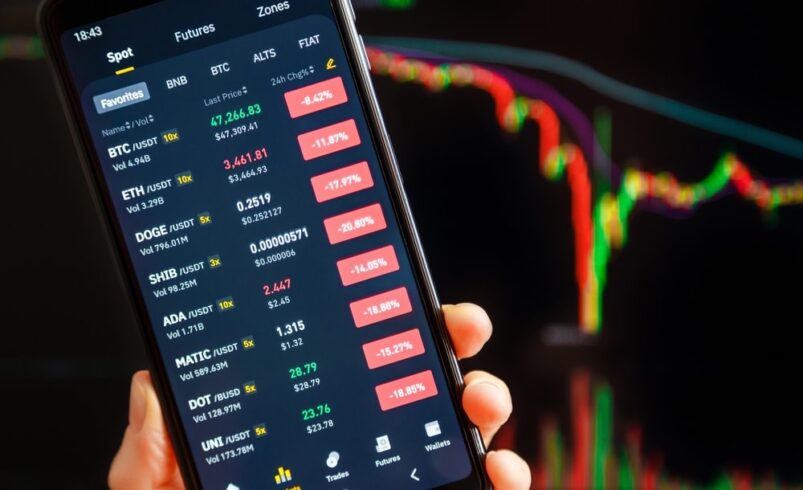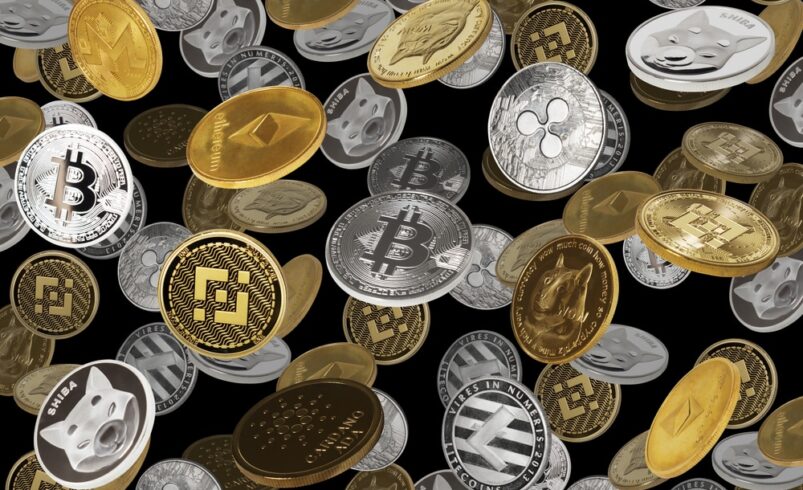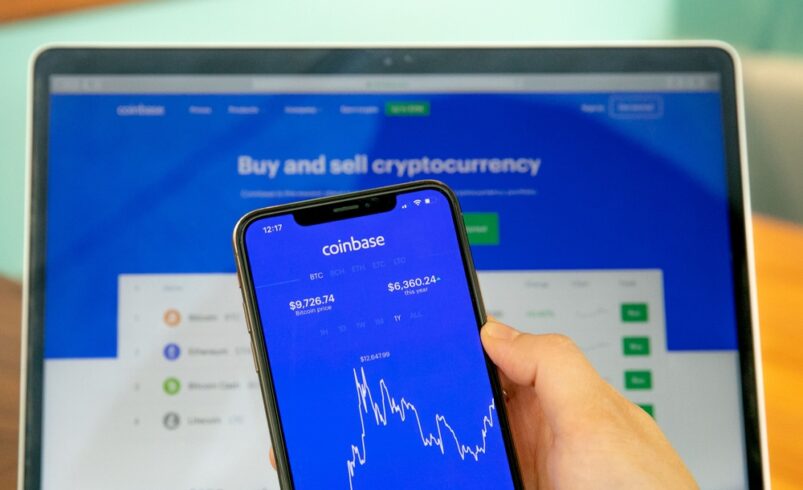What You Should Know About Trading Ethereum Futures

Engaging in crypto futures trading provides an avenue to interact with the crypto market and capitalize on cryptocurrency price fluctuations without needing direct ownership. Bitcoin futures trading emerged in 2017, while the CME platform initiated Ethereum futures trading in 2021.
Engaging in Ethereum futures trading means predicting the prospective price of Ethereum without possessing any Ether. Among various derivative trading methods, including spot and options trading, futures trading is the most favored and efficient approach. This guide will elucidate the concept of Ethereum Futures and discuss their advantages and potential risks.
What Exactly Are Ethereum Futures?
Ethereum Futures represents a derivative contract encompassing specific terms and stipulations, such as a commitment to purchase or sell, set at a fixed Ethereum price for a future date. When this specified date arrives, the contract between the consenting entities is fulfilled according to its conditions.
Historically, futures trading was predominantly associated with commodities and equities and later extended to Bitcoin. Recently, Ethereum Futures have also become available for trading on renowned cryptocurrency exchanges.
As the world’s second most prominent cryptocurrency, Ethereum futures are garnering increased interest. In light of its growing prominence, leading firms, including Volatility Shares, VanEck, Proshares, and Grayscale, are exploring opportunities for Ethereum futures ETF listings. Notably, the CME platform launched Ether futures options in the previous September.
Varieties of Ethereum Futures
Depending on the duration and execution method, Ethereum futures can be categorized into different types. It’s worth noting that only some trading platforms supporting Ethereum futures offer all these varieties. Hence, when considering a platform for Ethereum futures, it’s crucial to be aware of these distinctions.
Traditional Futures Contracts
These represent the conventional futures contracts found on most established futures trading platforms. They are straightforward futures contracts with a set date and settlement amount. The renowned exchange, CME (Chicago Mercantile Exchange), provides futures for two major cryptocurrencies: Bitcoin and Ethereum. Other cryptocurrency exchanges, such as Binance and Bybit, also facilitate these futures contracts, primarily offering quarterly futures settled every three months.
Continuous Futures Contracts
Continuous futures lack a specific expiration date. The two parties entering such a contract settle their dues based on their open positions at designated times during the day. Unlike traditional futures, continuous futures aren’t bound by a time frame and come into effect when the stipulated date arrives. For instance, the Bybit cryptocurrency exchange settles Ethereum continuous futures contracts every eight hours.
Advantages and Drawbacks of Ethereum Futures
Advantages:
- Trading Ethereum futures is often more straightforward than trading Ethereum directly, as transactions are conducted in fiat currency.
- Unlike direct cryptocurrency trading, futures trading provides the flexibility to implement strategies that can optimize returns.
- It offers a way to engage with the cryptocurrency market without dealing with unregulated cryptocurrency exchanges.
- Futures trading can provide leverage, potentially increasing profits. However, this also amplifies the associated risks.
Drawbacks:
- Futures traders miss out on airdrops and giveaways common in the cryptocurrency realm.
- The entry threshold for futures trading can be higher for regular investors.
- Engaging in high-leverage futures contracts carries a significant risk of capital loss.
- Those trading only in futures contracts won’t qualify for Ethereum forked coins without a direct investment in Ether.
Clarifying Ethereum Futures vs. Ether Futures
There’s no distinction between Ethereum futures and Ether futures. The ambiguity often arises from the interchangeable use of “Ether” and “Ethereum.” To clarify, Ether is the principal cryptocurrency of the Ethereum blockchain network. However, many cryptocurrency communities use “Ether” and “Ethereum” synonymously. Therefore, Ethereum futures and Ether futures refer to the same concept.
Final Thoughts
Ethereum futures are increasingly becoming a focal point in the sector, with prominent entities like ProShares, Volatility Shares, Bitwise, and Roundhill seeking approvals for Ethereum-centric ETFs. The inaugural Ethereum futures ETF in the US will launch in October of this year. While trading Ethereum futures offers a shield against direct market price fluctuations, it’s not devoid of risks. It’s essential to weigh the advantages and potential pitfalls before committing any financial resources.
DISCLAIMER: It's essential to understand that the articles on this site are not meant to serve as, nor should it be construed as, advice in legal, tax, investment, financial, or any other professional context. You should only invest an amount that you are prepared to lose, and it's advisable to consult with an independent financial expert if you're uncertain. To obtain more information, kindly examine the terms of service and the assistance and support resources made available by the issuing or advertising entity. Our website is committed to delivering accurate and unbiased news, yet it's important to note that market conditions may change rapidly. Also, be aware that some (but not all) articles on our site are compensated or sponsored.








